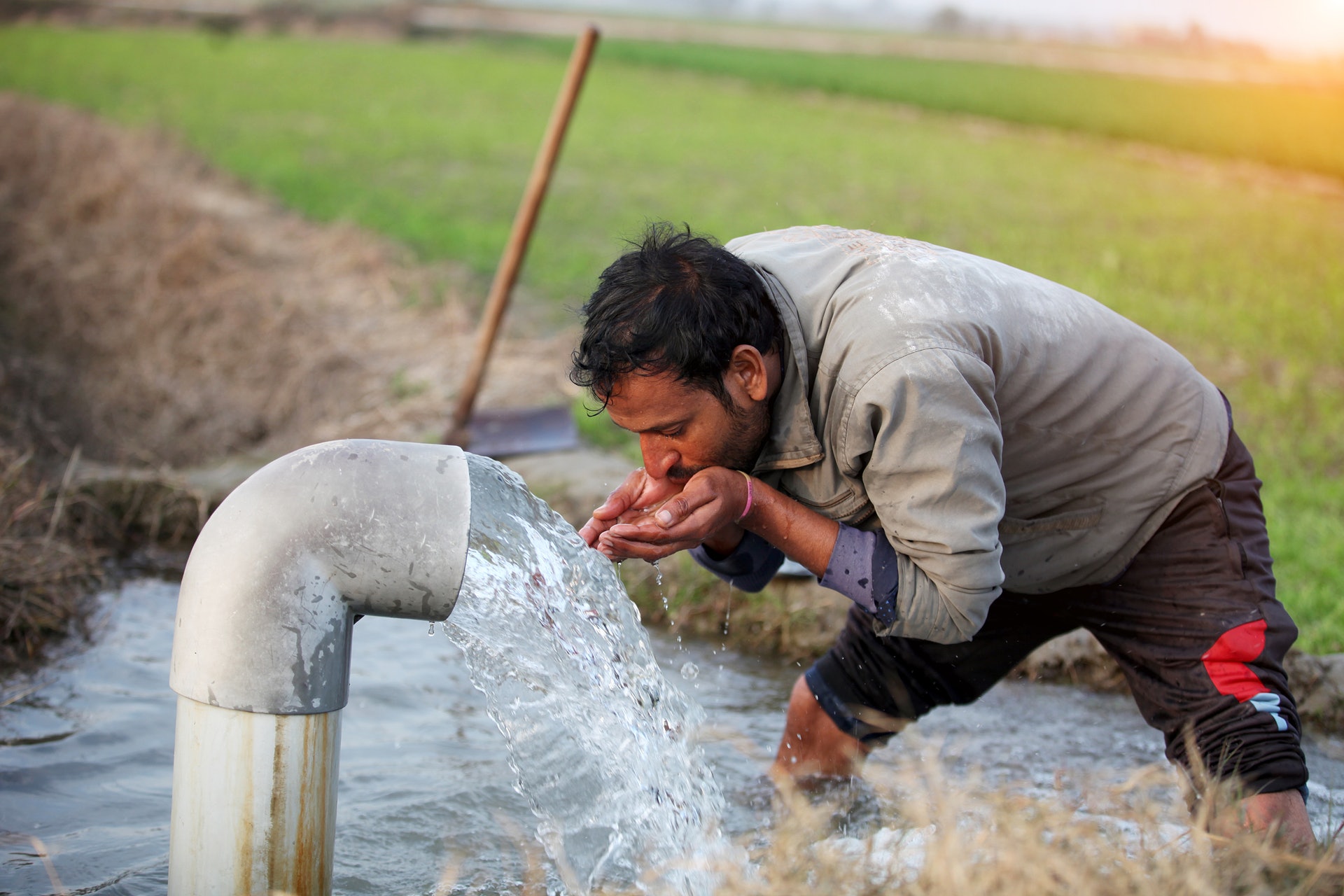Micro-plastic pollution is a serious problem. In addition to being scattered in the air, there are traces of micro-plastics in the ocean, groundwater, and even water. A study by the World Wildlife Fund (WWF) in June said that each person might inhale about one credit card per week. The size of the micro plastic.
The World Health Organization (WHO) published a research report on August 22 that people drinking water containing micro-plastics will not have much impact on health, but stressed the need for more in-depth research.
According to the WHO report, recent studies have found that tap water and bottled water contain micro-plastics, causing public health concerns. The report mentions that these micro-plastics are mainly from rainwater or the flow of water after the melting of snow and ice flows through the surface, and the water source is polluted. There is evidence that some of the bottled water penetrates into the micro-plastic during the filling or packaging process.
The report mentions that most of the microplastics found in water are larger than 150 microns in diameter and are usually excreted by humans, while smaller microplastics pass through the intestinal tract and reach other tissues.
No effect does not mean harmless
Bruce Gordon, an official at the Public Health, Environmental and Social Determinants of Health, believes that the focus of the report is to explain to the outside world that drinking is based on current assessments. The water for plastics has little effect on health. The WHO does not recommend that you regularly monitor the micro-plastic content of drinking water, and believe that the focus of research is their impact on the stomach.
Jennifer De France, a WHO technologist who participated in the study, said that there is currently little understanding of these tiny particles, so more research is needed on their effects on the human body and the natural environment. Alice Horton, a researcher at the National Oceanography Centre in the UK, believes that even if there is no data showing that microplastics have an impact on human health, it does not mean they are harmless.
Water pollution year kills millions of people
According to the WHO, the biggest health threat from water sources is microbial pathogens, including human and livestock waste, which is a source of water, and in the backward countries where sewage treatment facilities are inadequate, the deadly malaria problem is even more serious. Gordon said that 2 billion people around the world drink drinking water contaminated with excreta, resulting in about 1 million deaths each year. He believes that this is a problem that governments need to pay attention to.












